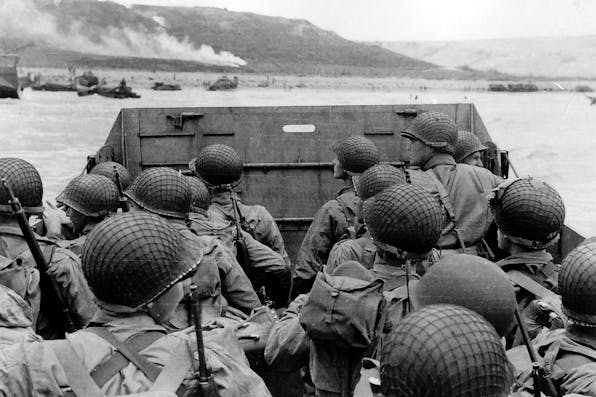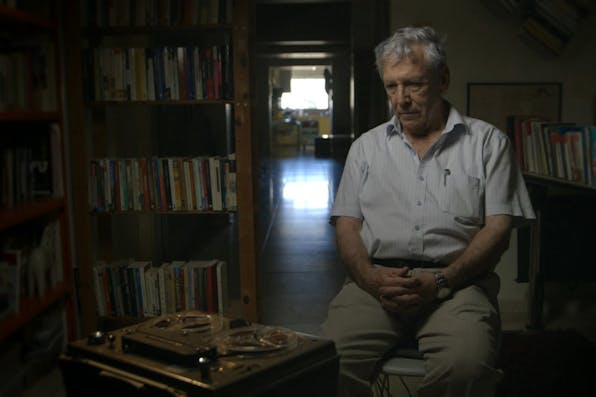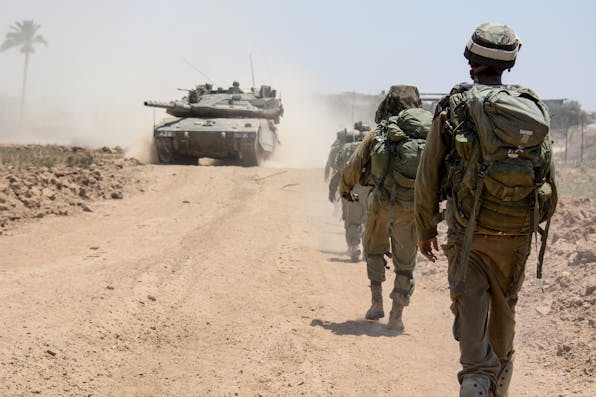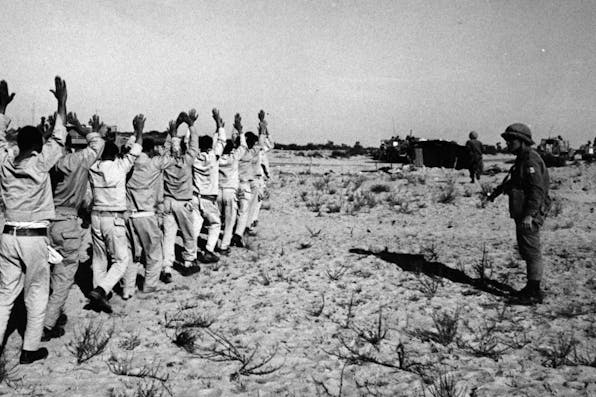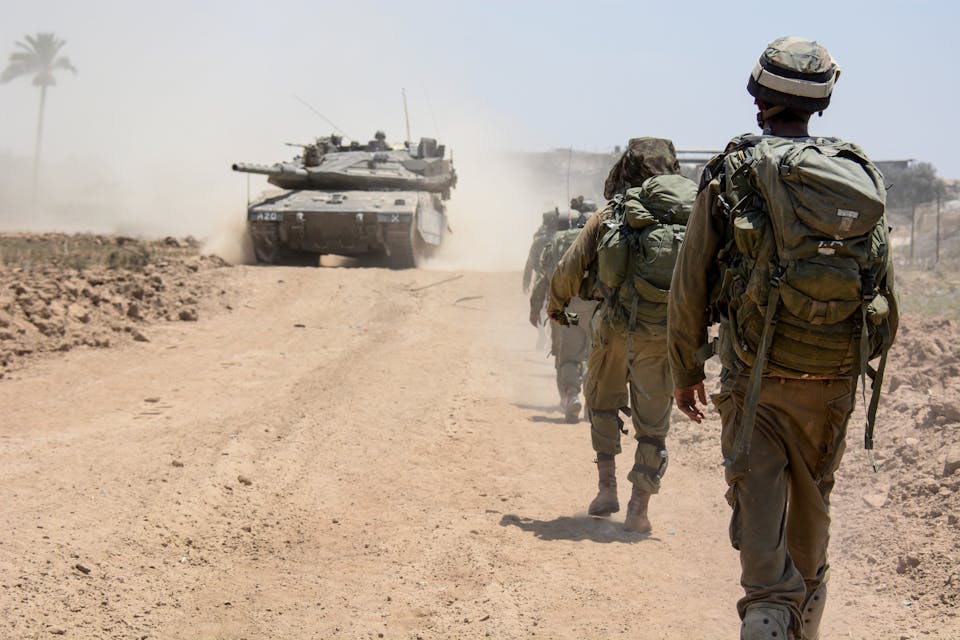
July 23, 2015
The Poverty of Propaganda
Peddling vague stories of war crimes for political ends is obviously and utterly immoral.
In “Who Censored the Six-Day War?,” his scrupulous investigation of the Israeli film Censored Voices, the historian Martin Kramer has performed an important public service. The film is one of the latest entries in what has become a regular feature of culture and politics in Israel. We are quite often invited to watch a film or a play, read a pamphlet or a column, always made of two ingredients: first, stories about IDF commanders or troops who seemingly acted in an ethically improper or even atrocious manner in their military capacity, during an old war or a recent operation; secondly, claims against the Israeli occupation of the territories beyond the eastern border of Israel since the 1967 Six-Day War. The gist of such presentations of alleged stories and political claims is usually the simple demand to jump from the stories, which are presented as facts, to the conclusion, which is presented as a moral obligation. Alas, each of the three parts of the plot—stories, claims, and conclusion—is problematic, ethically or morally, legally or logically.
The demanded leap itself rests on a conceptual mistake that people who are genuinely interested in war and justice, ethics, morality, or law should not commit. There is a long tradition of theoretical discussion and practical application of the relationships between war and justice. It has been developed first within the framework of theology, then within the framework of moral philosophy and military ethics, and for about a century now within the framework of international law as well. This is the Just-War tradition.
A major element of common just-war doctrines, as developed in that tradition, distinguishes the consideration of decisions made by the authorities of the state to wage a war or carry out a military operation of a certain type (jus ad bellum) from the consideration of decisions made by commanders and troops to perform certain military actions during combat (jus in bello)—and vice-versa. The major insight into the nature of war-and-justice relationships that is meant to be captured by this distinction is that different systems of evaluation govern decision-making with respect to waging war and conducting war.
